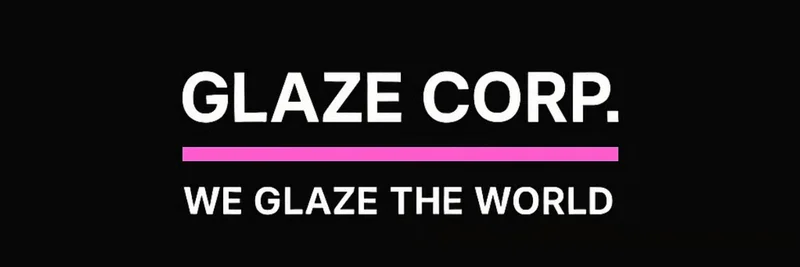In the ever-evolving world of blockchain technology, the debate over transaction speeds between Solana and Ethereum continues to capture the attention of crypto enthusiasts and practitioners alike. A recent tweet from Anatoly Yakovenko, the co-founder of Solana, reignited this discussion, emphasizing Solana's superior transaction processing capabilities compared to Ethereum and its Layer 2 solutions.
The Tweet That Sparked the Conversation
On August 9, 2025, Anatoly Yakovenko responded to a post by f1go.eth, who criticized Solana's transaction speed, suggesting that Ethereum's MegaETH and Layer 2 protocols were outperforming it. Yakovenko's retort was swift and pointed:
Today and every day since launch, Solana has processed more transactions than Ethereum and all its L2s combined. Ethereum has had more announcements about high-speed L2s without delivering anything than Solana has had downtime.
This statement not only defends Solana's performance but also highlights a perceived gap between Ethereum's promises and its actual delivery on Layer 2 scalability solutions.
Understanding the Technical Divide
To fully grasp the significance of Yakovenko's claim, it's essential to understand the technical underpinnings of both blockchains. Solana is renowned for its high throughput, capable of processing over 65,000 transactions per second (TPS) under optimal conditions, thanks to its innovative Proof of History (PoH) consensus mechanism combined with Proof of Stake (PoS). This allows for near-instantaneous transaction confirmations, making it a favorite for decentralized applications (dApps) requiring high speed.
On the other hand, Ethereum, while pioneering in smart contracts and decentralized finance (DeFi), traditionally struggles with scalability. Its base layer currently handles around 15 TPS. To address this, Ethereum has been developing Layer 2 solutions like Rollups and sidechains, which aim to offload transactions from the main chain, thereby increasing overall throughput. However, as Yakovenko points out, these solutions have yet to fully materialize at scale, with many still in the announcement or testing phases.
The Role of Meme Tokens in This Debate
At Meme Insider, we recognize that the transaction speed debate is not just about technical specs but also about the ecosystem's ability to support emerging trends like meme tokens. Solana's speed and low transaction costs have made it a hotspot for meme coin launches, such as $BONK and $WIF, which have seen explosive growth due to the network's efficiency. Ethereum, despite its slower speeds, benefits from a vast developer community and a mature DeFi ecosystem, which indirectly supports meme token projects through platforms like Uniswap.
SEO-Friendly Insights for Blockchain Practitioners
For those in the blockchain space, understanding this debate is crucial. Solana's advantage in transaction speed makes it ideal for applications requiring real-time processing, such as gaming and social media dApps. However, Ethereum's robustness in smart contract execution and its ongoing improvements through upgrades like The Surge (scheduled for late 2025) cannot be overlooked. Practitioners should consider both networks' strengths: Solana for speed and Ethereum for versatility and long-term ecosystem development.
Conclusion
The 2025 transaction speed debate between Solana and Ethereum, as highlighted by Anatoly Yakovenko's tweet, underscores a critical aspect of blockchain technology: the balance between speed, scalability, and ecosystem maturity. As Meme Insider continues to track these developments, we encourage our readers to stay informed and consider how these technological advancements impact the broader crypto landscape, including the vibrant world of meme tokens.
Stay tuned to meme-insider.com for the latest updates and deep dives into the intersection of meme culture and blockchain technology.




